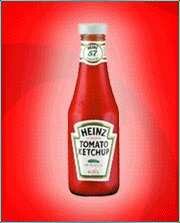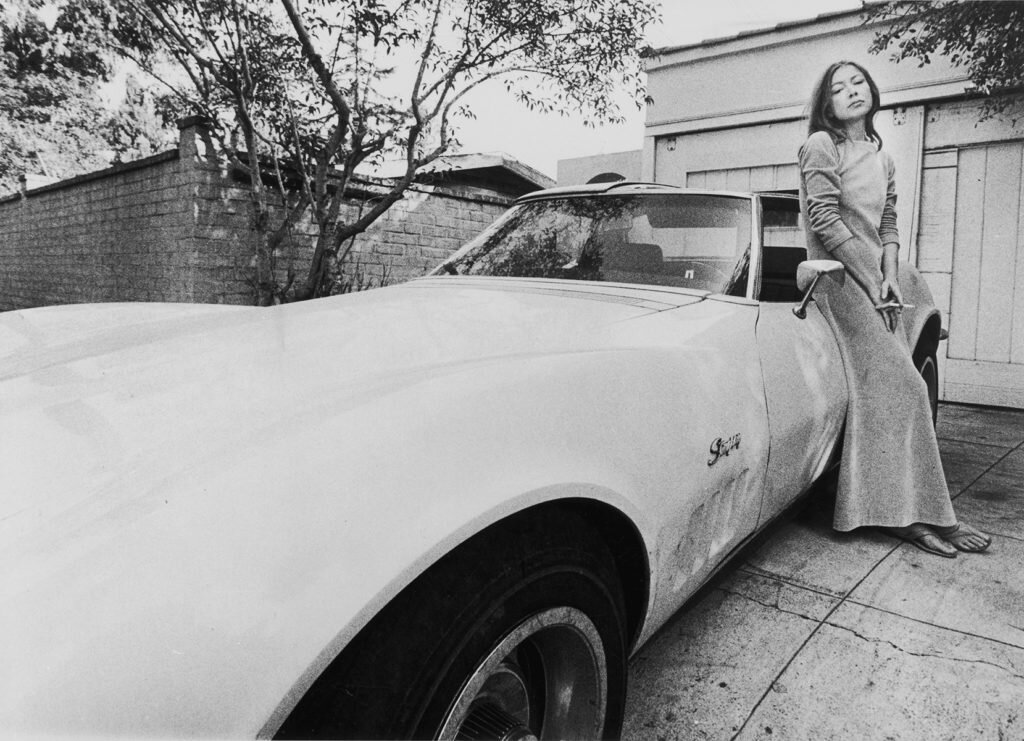 Once school lets out, I start consuming culture faster than I can respond to it, so I need to quickly catch up with notes on a few books and movies.
Once school lets out, I start consuming culture faster than I can respond to it, so I need to quickly catch up with notes on a few books and movies.
The Underground Railroad, Colson Whitehead (2016). I was really disappointed by how disappointing this was; it sounded so terrific in the reviews. The fantastical/speculative elements don’t engender much surprise, the characters are wooden, the set pieces go on too long and belabor their points, the movement through time and space is frequently herky-jerky and confusing, and worst there’s an air of bland, austere dutifulness hanging over the whole enterprise. I don’t think I’m someone incapable of appreciating a novel of ideas, but I guess I do like a little style thrown in after all.
The Sympathizer, Viet Tranh Nguyen (2015). This was terrific, a timely tour de force for our era of heightened consciousness about who gets to speak for whom in literature. This slyly provocative novel features a double agent whose identity, politics, and identity politics are so scrambled he himself can’t say where he really belongs. The subtle arguments about nationalism, culture, and determinism come wrapped in a crisp, lively, dead-on rendering of the period. Smart and fun so rarely go hand in hand.
Love & Mercy, Bill Pohlad (2014). Enjoyable and informative; I knew Brian Wilson of the Beach Boys suffered from mental illness, but I had no idea that he was so cruelly manipulated by his manager. Big props to the art director here; the movie’s a joy to look at and makes you feel like you’re in late 20c L.A.
Gimme Danger, Jim Jarmusch (2016). Jarmusch’s love letter to the greatest rock and roll band of all time. A bit more my speed than the Beach Boys. Iggy for President! He’s like if Bernie Sanders jumped into the mosh pit. You hear “I Wanna Be Your Dog” about a thousand times over the course of this movie and it is AWESOME every time.
Twentieth Century Women, Mike Mills (2017). I don’t know how he does it, but he does — this movie is as sweet and wistful as can be, and somehow less triggering than Beginners, which apparently annoyed me pretty bad. Do all the grand emotional turbulences between kids and parents, parents and lovers, kids and kids really just amount to a bunch of well-off over-educated white people wringing their hands? Yes, of course. But feelings are still feelings, people! Did you know Mills is married to Miranda July and they have a son named Hopper, who’s five? Once he’s old enough to skateboard over to Frances Bean’s house for a cup of matcha, that kid is going to be the most indie kid who ever lived.
Shame, Steve McQueen (2011). This Paul Schrader movie was somehow directed not by Paul Schrader but by Steve McQueen. Of McQueen’s three features to date (the other two are Hunger, about Bobby Sands, and 12 Years a Slave, about Solomon Northrup), this is the only one I’ve been able to bring myself to watch, and that’s saying something, because this one’s not exactly Chitty Chitty Bang Bang. McQueen sure has a thing for abuse. Shame features a kind of sexual shark, played by Michael Fassbender, who very literally has one thing on his mind. We see him have every variety of modern urban intercourse and none of it seems much fun at all. Predictably, he fails to get it up only once, when he meets a person — a charming and ingenuous co-worker — who registers on his tiny consciousness as a subject rather than an object. It’s all profoundly sad, but I’m not sure it’s profound.
South and West, Joan Didion (2017). You only need to check this out if you’re interested in the rural South and/or you’re a Didion fanatic; I’m both. This isn’t even really a book, it’s just a bunch of jottings Didion made on a one-month road trip from New Orleans, up through Mississippi and Alabama, in the summer of 1970. There are flashes of insight, and some classic Didion images, but most of it is pretty shallow and predictably stereotypical. I find this oddly gratifying, that the South seems to have stymied my hero’s normally inexorable acumen . . .
I’m remembering that last year at this time I was reading the Ferrante books and it was perfect. I miss them.
I’m also reading essays on photography by Robert Adams; I’m not so sure about them. He’s a bit given to hagiography of his heroes. The more I read prose by photographers the more I realize that it’s awful rare to find a photographer who can write for a damn.
